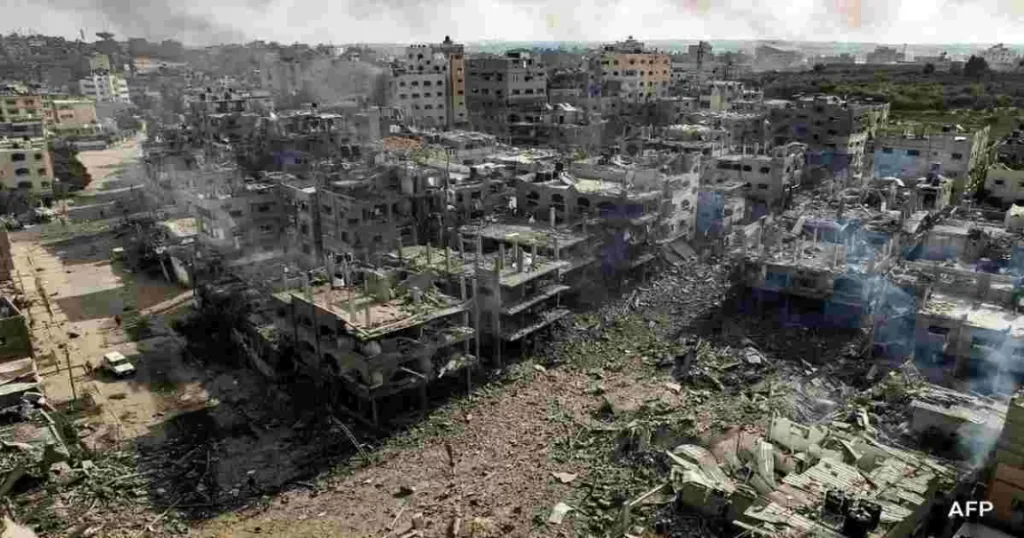France has presented a written proposal to Beirut aimed at resolving hostilities with Israel and addressing the disputed Lebanon-Israel border. The document calls for the withdrawal of fighters, including Hezbollah’s elite unit, 10 kilometres from the border.
The plan seeks to halt the fighting between Hezbollah and Israel along the border. These hostilities, occurring concurrently with Israel’s bombardment of Gaza, raise concerns of a catastrophic, full-scale confrontation.
Delivered by French Foreign Minister Stephane Sejourne to top Lebanese officials, including Prime Minister Najib Mikati, the proposal aims to prevent a conflict escalation deemed “out of control” and establish conditions for a potential ceasefire. It envisions subsequent negotiations to delineate the contentious border between Lebanon and Israel.

Hezbollah has declined formal negotiations for de-escalation until the Gaza conflict ceases, a stance reiterated by a Hezbollah politician.
The three-step plan entails a 10-day de-escalation process culminating in border negotiations. It has been presented to the governments of Israel, Lebanon, and Hezbollah.
Given France’s historical ties with Lebanon and its significant presence in the country, including 20,000 citizens and 800 troops as part of a UN peacekeeping force, Sejourne stressed the importance of consolidating peace efforts.
The proposal suggests that Lebanese armed groups and Israel cease military operations, including Israeli airstrikes in Lebanon. Additionally, it calls for the dismantling of facilities near the border by Lebanese armed groups and the withdrawal of combat forces, including Hezbollah’s elite Radwan fighters, at least 10 kilometres north of the border.
This withdrawal, though shorter than the 30 kilometres stipulated in a UN resolution following the 2006 war, aims to prevent attacks on northern Israeli villages. It proposes the deployment of up to 15,000 Lebanese army troops in south Lebanon, a Hezbollah stronghold.
While some aspects of the proposal have raised concerns in Beirut, including vague language that could target Hezbollah-affiliated civilian institutions, discussions are ongoing.
The United States continues to explore diplomatic options with its Israeli and Lebanese counterparts to restore calm and prevent escalation. The White House has yet to comment on the matter.


